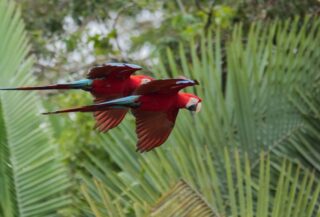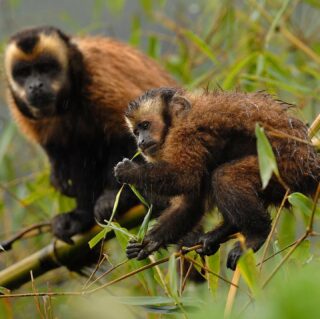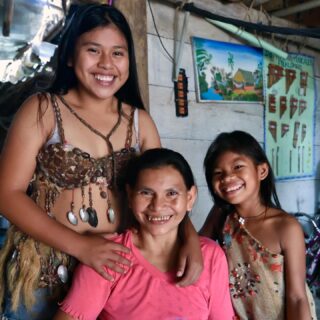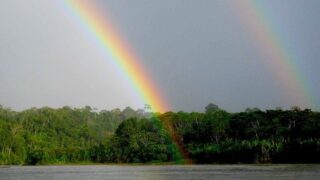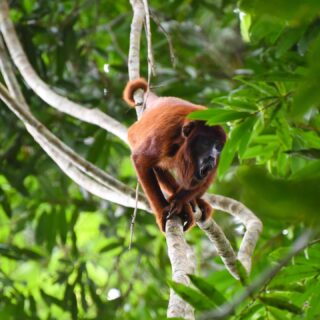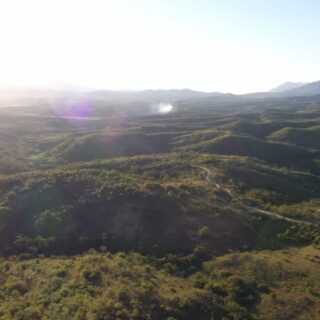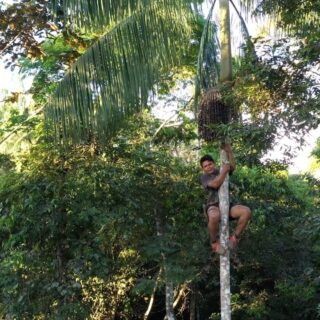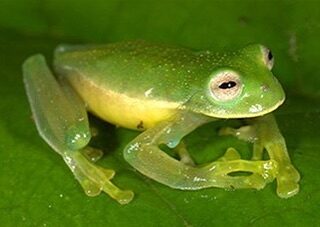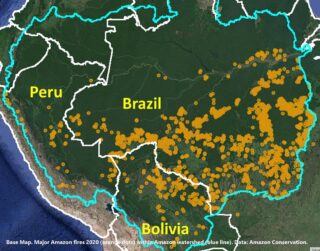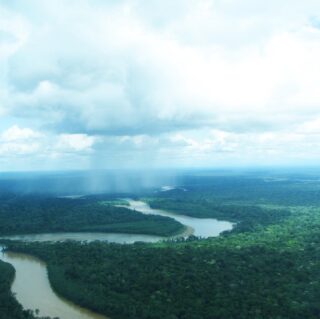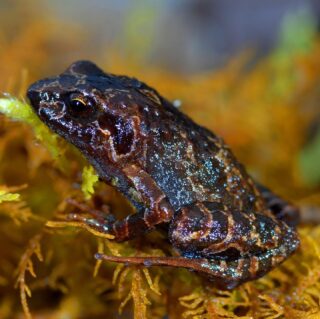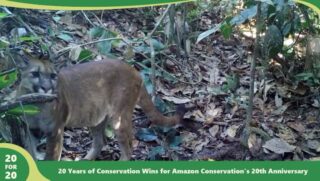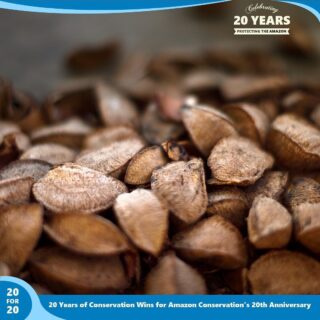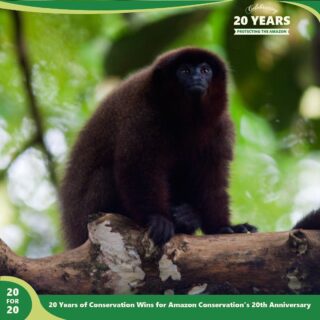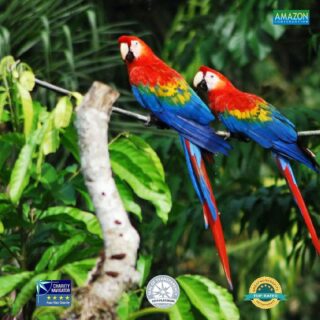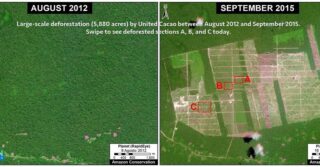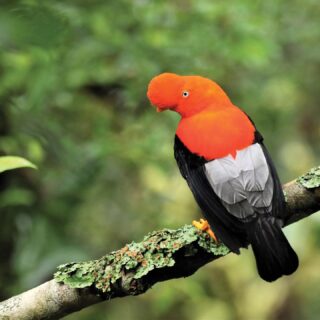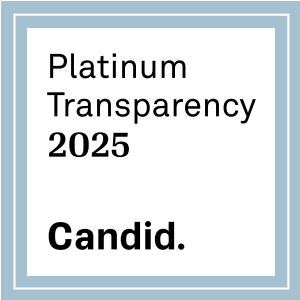Lessons in Conservation: Indigenous Leadership and the Future of the Amazon
April 30, 2025
 Earlier this month, our Director of Strategy and Policy Blaise Bodin attended Brazil’s 2025 Acampamento Terra Livre (ATL), an annual mobilization of Indigenous leaders, representatives, and allies advocating for Indigenous peoples’ land demarcation and sovereignty. This year marked the 20th anniversary of the organizers of the event, the Articulation of Indigenous Peoples of Brazil (APIB), who established this year’s theme “We Are All APIB: In Defense of the Constitution and Life,” which calls attention to the struggles of maintaining Indigenous people’s constitutional rights to their territories, essential for environmental conservation and justice in Brazil. With over 7,000 attendees, this year’s ATL hosted several panels, plenaries, and marches over a 4-day period on the lawn in front of Brazil’s national congress building in Brasília, in a symbolic gesture to highlight the need for stronger Indigenous representation in legislature.
Earlier this month, our Director of Strategy and Policy Blaise Bodin attended Brazil’s 2025 Acampamento Terra Livre (ATL), an annual mobilization of Indigenous leaders, representatives, and allies advocating for Indigenous peoples’ land demarcation and sovereignty. This year marked the 20th anniversary of the organizers of the event, the Articulation of Indigenous Peoples of Brazil (APIB), who established this year’s theme “We Are All APIB: In Defense of the Constitution and Life,” which calls attention to the struggles of maintaining Indigenous people’s constitutional rights to their territories, essential for environmental conservation and justice in Brazil. With over 7,000 attendees, this year’s ATL hosted several panels, plenaries, and marches over a 4-day period on the lawn in front of Brazil’s national congress building in Brasília, in a symbolic gesture to highlight the need for stronger Indigenous representation in legislature.
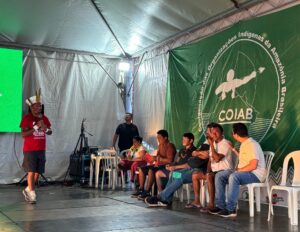
At the event, Blaise was invited by our Brazilian partners at Instituto Socioambiental (ISA), who in turn, had been invited participate in a round table session hosted by the Coordination of Indigenous Organizations of the Brazilian Amazon (COIAB), in which numerous Indigenous leaders of the Yanomami, Munduruku and Kayapó Indigenous groups expressed concerns for ongoing mining invasions and mercury contamination in their territories, which have drastically affected the health and safety of these communities. Although efforts by the government to remove miners from their territories have shown success, activities still persist, and Indigenous communities in Brazil continue to face challenges in effectively monitoring their territories to enforce the law.
In light of the continued efforts by the government and civil society organizations to mitigate mining activities, geographer Estevão Benfica Senra from Instituto Socioambiental (ISA) highlighted that remote-sensing data shared with these communities resulted in a significant reduction of various illegal activities across the entire Amazon, reinforcing joint action needed for this among Indigenous leaders, civil society organizations, and monitoring authorities. Estevão also highlighted the use of data from Amazon Mining Watch (AMW), a digital platform that uses machine learning to report mining activities across the Amazon, which we helped create in 2022 via partnership with the Pulitzer Center’s Rainforest Investigations Network and Earth Genome. Amazon Conservation is currently working alongside Instituto Socioambiental (ISA) to strengthen Indigenous communities’ efforts in developing an early warning system for mining activities in their territories using information from the Amazon Mining Watch.
In response to seeing this information shared at such a prominent event, Blaise shares, “it was impressive to see [Estevão] amongst a panel of distinguished indigenous leaders. We hope that this data can help in the conversation between the indigenous peoples and the federal government agencies in charge of enforcement.” Blaise also mentioned how Indigenous groups are historically very distrustful of information generated by the government, and hopes that the Amazon Mining Watch can be a key tool for these groups “by providing independent figures that paint an objective view of the reality at the scale of the entire Amazon: one of undeniable progress that will require continued efforts to root out both destruction on the ground and the extensive criminal networks that drive [gold mining deforestation].”
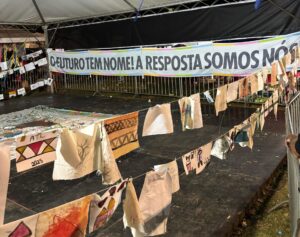
This year’s ATL 2025 was successful in sparking dialogue among Indigenous leaders that proposed joint strategies in collaboration with government agencies and ministries to effectively monitor their territories and develop stronger, more sustainable solutions for the long term. Following a conversation with Estevão from ISA, Blaise expressed interest in representing Amazon Conservation at next year’s Acampamento Terra Livre (ATL). He details how Amazon Conservation can work through our partnership with ISA, stating that “for next year, we will prepare ahead of the ATL and, through ISA, consolidate our presence at any panels or roundtables on illegal gold mining to present the Amazon Mining Watch platform in more detail and explain its functionalities and relevance for indigenous leaders in their relationship with enforcement authorities.”
Healthy, standing forests directly affect these communities’ food security, health, livelihoods, and overall long-term survival, which continues to be threatened by various harmful and often illegal activities such as gold mining and logging. Data from our Monitoring of the Andes Amazon Program (MAAP) has shown that Indigenous territories, which cover almost 20% of the entire Amazon basin, are proven to be effective against unlawful and unchecked deforestation, reducing the primary forest loss rate by 3x compared to areas outside of these designations. Given these results, supporting Indigenous rights and autonomy is a centerpiece of our strategy to empower people.
To amplify our work, Amazon Conservation will be taking a much more active role in major global conservation forums to bolster the way we influence policy that affects the lives of Indigenous people. It is vital that Indigenous groups continue to be represented among climate and conservation policy discussions to gain more visibility for their invaluable role in achieving national and international climate, biodiversity, and sustainable development goals.


